
UK Amazon Button/Coin Battery Standard PAS 7055:2021
Regulatory Background
In response to two child fatalities from swallowing button batteries, the UK Medical Safety Investigation Department compiled a report on children ingesting untested button batteries. A major recommendation from this report was the establishment of a standard stipulating consistent safety requirements throughout the lifecycle of such batteries.
Regulation Issuance
On April 30, 2021, the British Standards Institute (BSI) released the national standard PAS 7055:2021 for button (non-lithium) and coin (lithium) batteries, effective immediately upon issuance. This standard was created under the General Product Safety Regulations (GPSR) of 2005, outlining safety specifications for products introduced to the UK market. It specifies requirements for manufacturers and producers of button and coin batteries regarding packaging, instructions, labeling, marketing, and disposal. The standard also includes requirements for consumer products utilizing these batteries, as well as for retailers and distributors within the consumer product market.
Objectives and Scope of the Regulation
The standard aims to enhance the safety of coin and button batteries, as well as products utilizing them, to minimize potential risks to children. It specifies safety requirements for non-lithium button and lithium coin batteries up to 32 mm in diameter and covers products like flashlights, musical greeting cards, novelty balloons, electronic scales, remote controls, key fobs, garage door openers, and watches.
Regulatory Requirements
The PAS 7055 guidelines cover the lifecycle of batteries within the consumer market, focusing on:
- Labeling, instructions, and packaging (including warnings);
- Consistent safety and health warnings;
- Product marketing practices, such as display and positioning;
- Encouraging safe disposal and/or recycling;
- Product safety for typical consumer items using button and coin batteries, including warning texts and requirements for secure battery compartments.
Exemptions:
Certain items are exempt from PAS 7055 requirements, including:
- Environmentally-driven disposal and recycling;
- Batteries intended for professional and industrial use;
- Areas already covered by existing standards, such as battery manufacturing safety, toy requirements, or audiovisual equipment;
- Medical devices like thermometers and hearing aids.
Manufacturer Requirements for Batteries under PAS 7055:2021
Child-Resistant Packaging for Batteries
Packaging for lithium coin batteries (of any size) and button batteries with a diameter ≥16 mm must comply with:
1. AS 5808-2009;
2. BS EN IEC 60086-4:2019;
3. BS EN ISO 8317:2015;
4. BS EN 862; and
5. USA:16 CFR §1700.15.
One of these standards must be met to fulfill child-resistant packaging requirements.
Warning Label Requirements
1. Warning Labels for Coin Batteries:
Coin or lithium battery packaging should feature markings as shown in Figure 1, including text, warnings, and contrasting colors. This internationally recognized symbol indicates "keep out of reach of children" to prevent accidental ingestion.
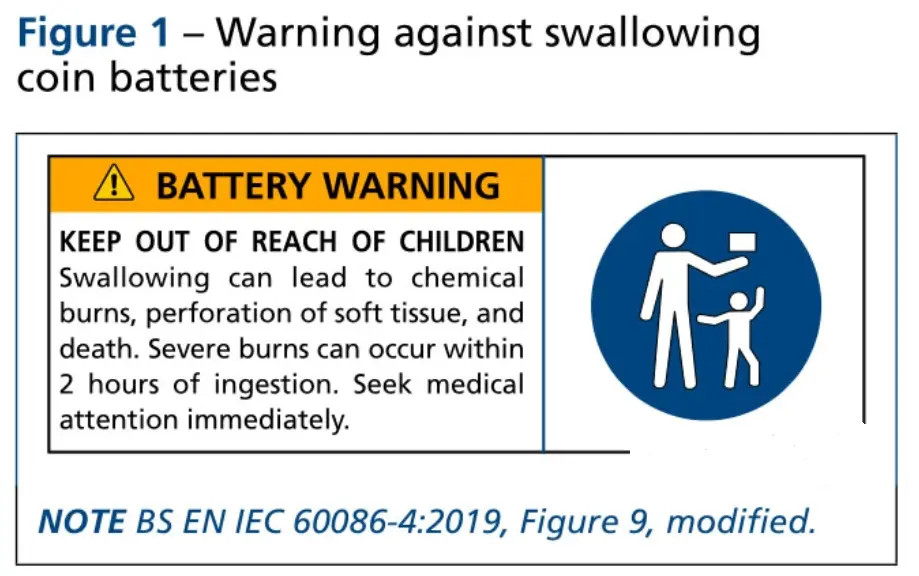
2. Warning Labels for Button Batteries:
Button or non-lithium battery packaging must include warnings, text, and contrasting colors as shown in Figure 2. The packaging should carry warnings like:
- "Battery Warning: Keep away from children"; and
- "If swallowed or inserted into any part of the body, seek immediate medical attention."
The warning should be permanent, clear, and indelible.
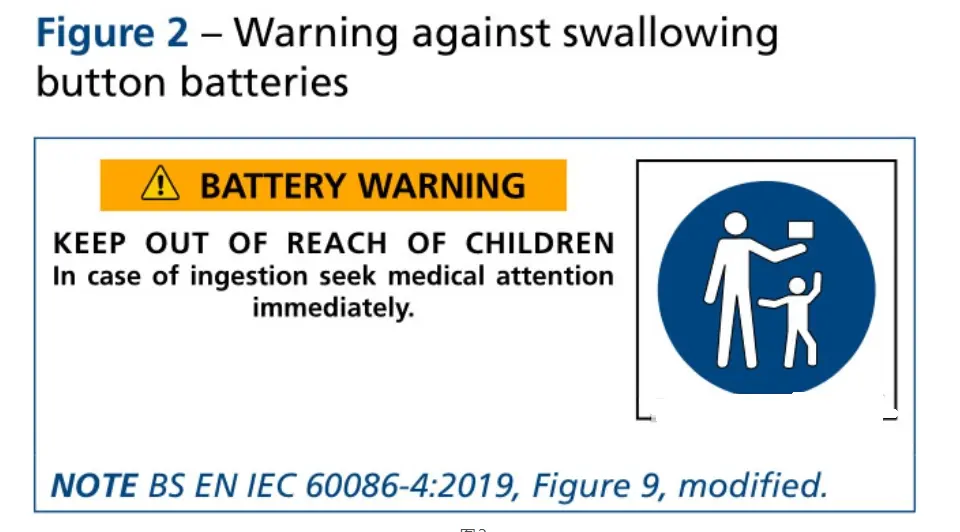
3. On-Battery Warning Markings:
Figure 3’s safety symbol applies to batteries with a diameter ≥20mm. It must be durable and indelible, preferably engraved, etched, embossed, or stamped.
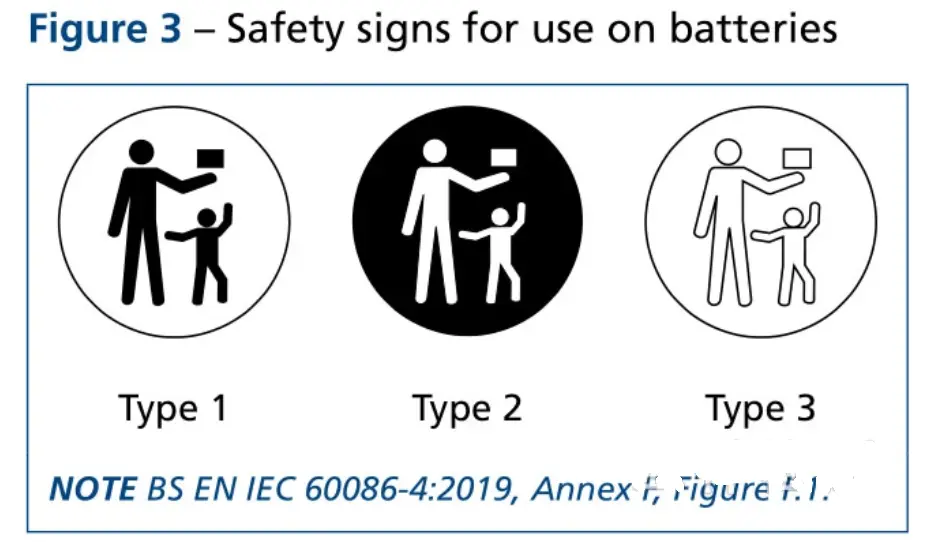
4. Safety Labels on Products Containing Batteries:
Products with batteries should display warnings near the battery compartment. The warnings should be permanent, clear, and indelible.
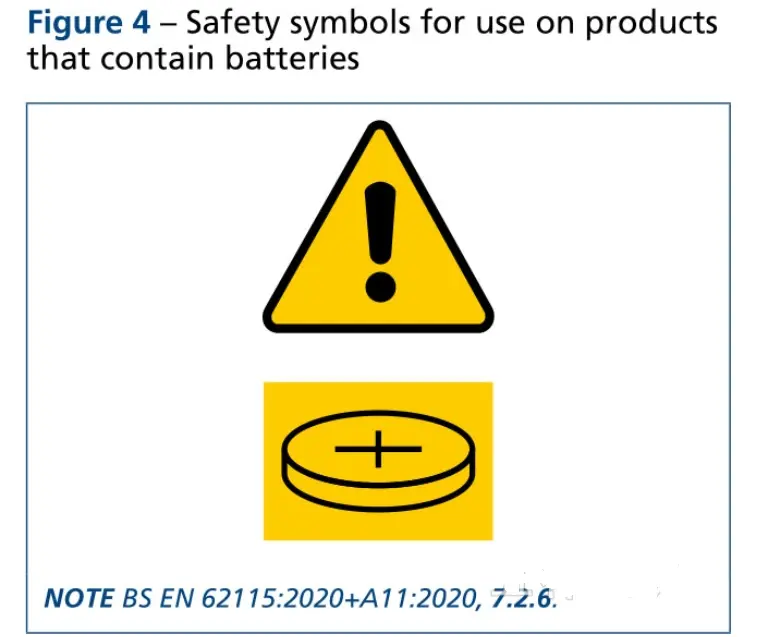
5. Consumer Product Packaging Warnings:
Packaging for battery-containing consumer products must include:
1. "BATTERY WARNING: KEEP OUT OF REACH OF CHILDREN";
2. “If the battery compartment does not close securely, stop using the product and keep it away from children”; and
3. “If batteries are swallowed or inserted into any part of the body, seek immediate medical attention.”
Additional Requirements
1. Battery Compartment Security:
Battery compartment doors should be designed to prevent unintended removal by vulnerable individuals and should require a tool, such as a screwdriver or coin, to open.
2. Battery Compartment Fasteners:
Screws or similar fasteners should remain secure during normal or foreseeable use.
3. Non-replaceable Batteries:
Batteries that are inaccessible and non-replaceable without tools must comply with UL4200A:2015, 6.4.
4. Spare or Loose Batteries:
Loose or spare batteries provided with consumer products should meet PAS 7055 requirements.
Affected Products
Button and coin batteries, whether sold individually or within consumer products, such as remote controls, watches, computers, cameras, calculators, flashlights, flameless candles, fitness equipment, digital kitchen and bathroom scales, musical greeting cards, and home medical devices are subject to these requirements.
Associated Safety Risks
Button and coin batteries pose risks of choking, ingestion, or insertion into body parts, especially among young children. Batteries that come into contact with bodily fluids may cause chemical burns.
Impact on Businesses
PAS 7055:2021 is a voluntary UK standard. However, the UK Office for Product Safety and Standards (OPSS) encourages businesses to comply with it, and platforms like Amazon UK and eBay UK mandate PAS 7055 compliance for products sold on their sites.
Email:hello@jjrlab.com
Write your message here and send it to us
 Australia RCM LOGO Certification
Australia RCM LOGO Certification
 ANATEL Certification Process in Brazil
ANATEL Certification Process in Brazil
 Faucet European Standard EN 817 Testing
Faucet European Standard EN 817 Testing
 ISO 17025 Laboratory Test Report
ISO 17025 Laboratory Test Report
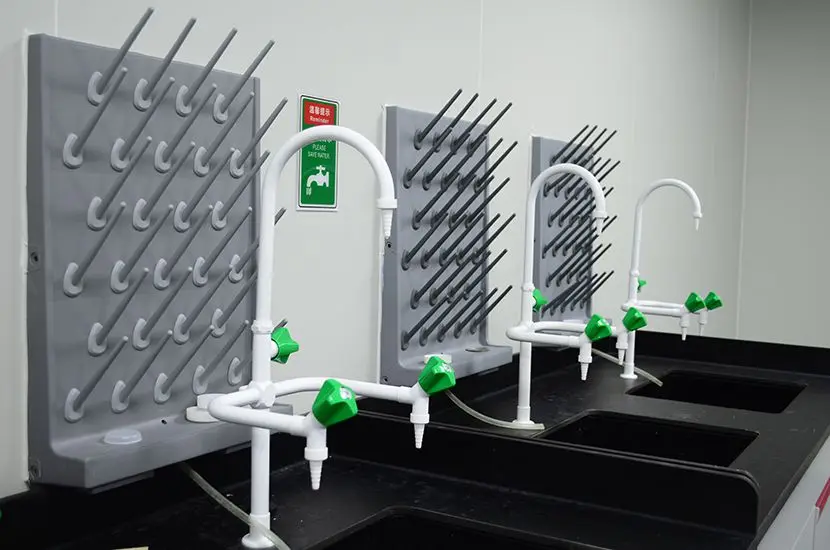 Temu Requires UN 38.3 Certification
Temu Requires UN 38.3 Certification
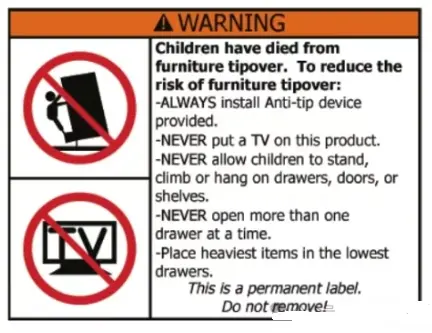 What is the Amazon ASTM F2057 Test Report?
What is the Amazon ASTM F2057 Test Report?
 How to get the Amazon SOR/2016-175 Test Report?
How to get the Amazon SOR/2016-175 Test Report?
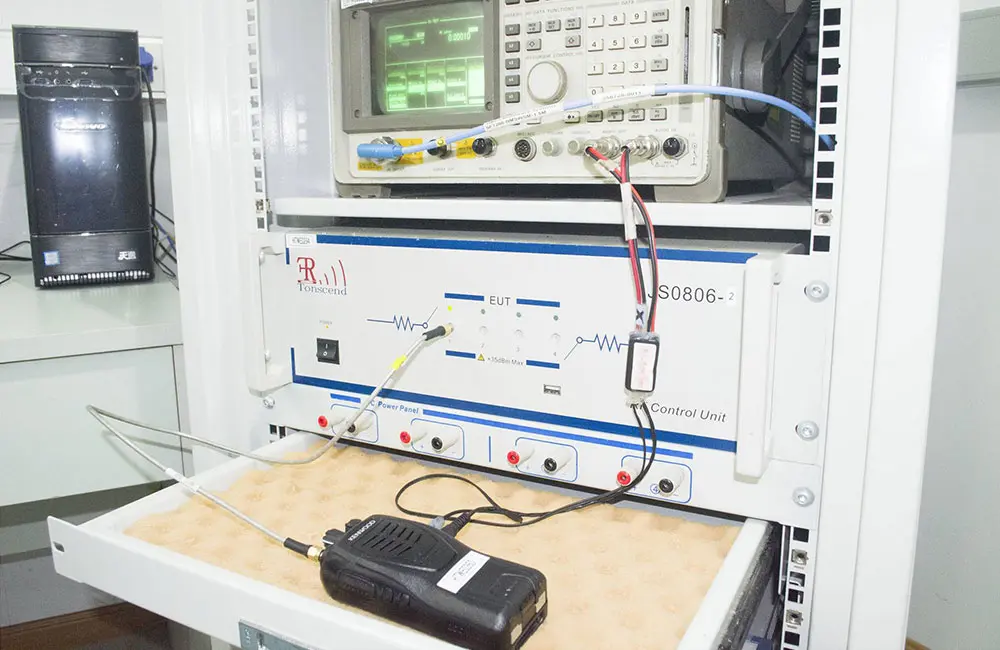 Amazon Electronic Product UL Test Report
Amazon Electronic Product UL Test Report
Leave us a message
24-hour online customer service at any time to respond, so that you worry!




